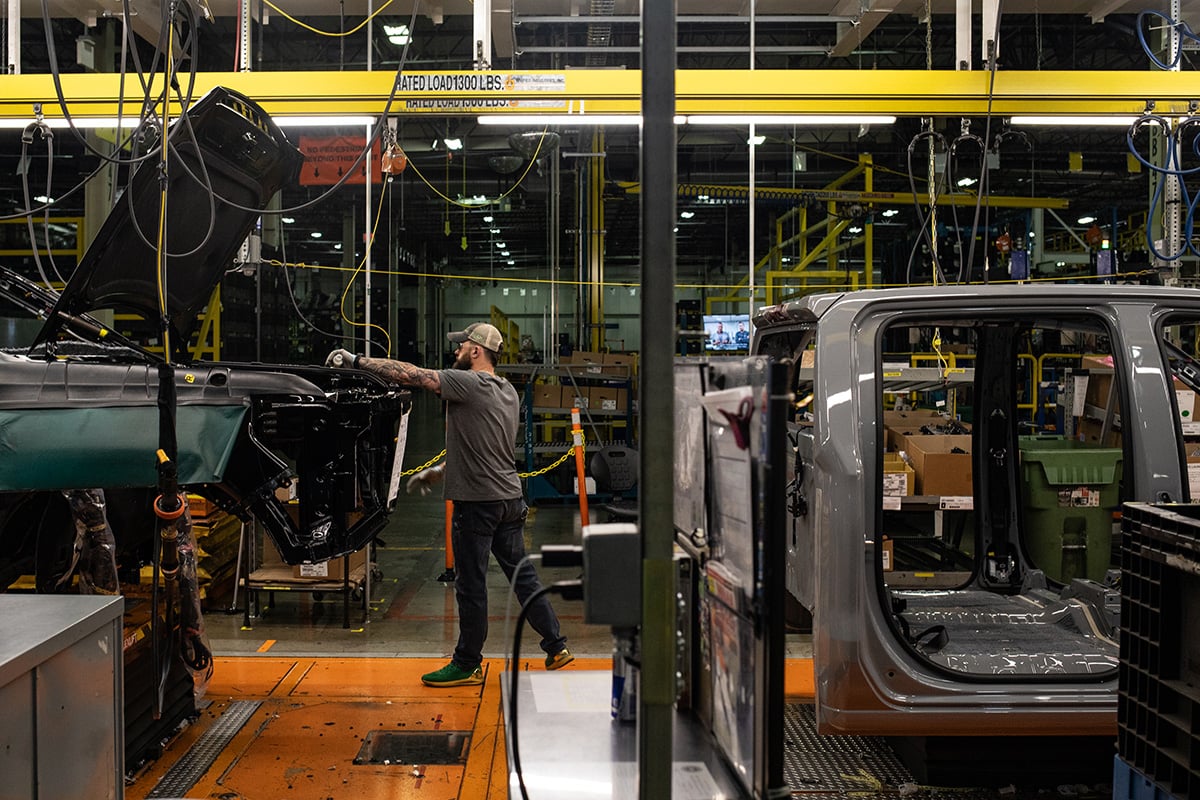Little more than 2 1/2 years from now, the global fleet ofmerchant ships has to reduce drastically how much sulfur ships'engines belch into the atmosphere. While that will do good things —like diminishing the threat of acid rain and helping asthmasufferers — there's a $60 billion sting in the tail.
That's how much more seaborne vessels may be forced to spendeach year on higher-quality fuel to comply with new emission rulesthat start in 2020, consultant Wood Mackenzie Ltd. estimates.For an industry that hauls everything from oil to steel to coal,higher operating costs will compound the financial strain oncash-strapped ship owners, whose vessels earn an average of 70%less than they did just before the 2008-09 recession.
The consequences may reach beyond the 90,000-ship merchantfleet, which handles about 90% of global trade. Possibleconfusion over which carriers comply with the new rules could leadto some vessels being barred from making deliveries, which woulddisrupt shipments, according to BIMCO, a grouprepresenting ship owners and operators in about 130 countries.Oil refiners still don't have enough capacity to supply all thefuel that would be needed, and few vessels have embarked on costlyretrofits.
Continue Reading for Free
Register and gain access to:
- Thought leadership on regulatory changes, economic trends, corporate success stories, and tactical solutions for treasurers, CFOs, risk managers, controllers, and other finance professionals
- Informative weekly newsletter featuring news, analysis, real-world cas studies, and other critical content
- Educational webcasts, white papers, and ebooks from industry thought leaders
- Critical coverage of the employee benefits and financial advisory markets on our other ALM sites, PropertyCasualty360 and ThinkAdvisor
*May exclude premium content
Already have an account?
Sign In Now
© 2024 ALM Global, LLC, All Rights Reserved. Request academic re-use from www.copyright.com. All other uses, submit a request to [email protected]. For more information visit Asset & Logo Licensing.





